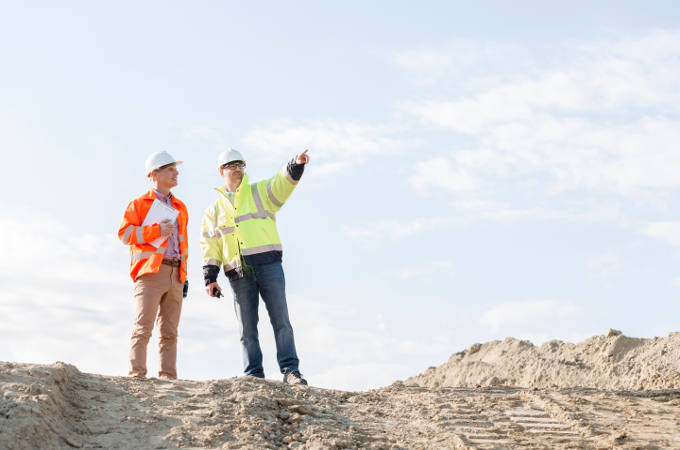
We’re happy to acknowledge that, when working with clients planning a new development, we hear this question a lot. Between wanting to keep costs down and feeling like they already have the required knowledge to keep their project management in-house, it’s not unusual for those leading (or bankrolling) a project to be a bit reluctant to hand over the day-to-day organisation to someone else.
What exactly does a Project Manager do?
Your Project Manager (or PM) will essentially take responsibility for keeping your project running smoothly, from the initial plans to the final handover. The PM will work closely with you and your architect to understand and define your vision, budget and constraints, before becoming the lead authority on the project to liaise with all consultants, contractors and vendors on your behalf.
This means you don’t need to worry about overseeing every last detail of your project, knowing that the day-to-day organisation is being handled by a dedicated, experienced professional.
Which part of the construction does the PM control?
Planning
Your PM will be involved from the moment you hire them, helping you to define the scope of your development or refurbishment. This usually starts with a detailed specification that ensures all parties have a clear idea of expected project outcomes. From there, the PM is responsible for planning how the development will progress, including costings and budget allocation, and putting together an anticipated build schedule.
Contractors
It may be that you already have contractors in mind, but your project manager will also be able to suggest firms that they have worked with before or who have expertise in the particular design of your project. Your PM will manage the tender process for these firms, requesting quotes and comparing bids. It is up to you how involved you wish to be with this part of the process – if at all. Once chosen, these contractors will be factored into the build schedule, with the required resources, expected deliverables and projected costs included.
Day-to-Day Coordination
Once the plan has been agreed, your PM takes responsibility for making sure the development progresses accordingly. Should the build be delayed or altered for some reason, it is up to the PM to manage these changes as smoothly as possible, with minimal disruption to the original completion date and budget.
Depending on the nature of your project and the site team, the PM may or may not attend the site each day. In either case, they will be frequently communicating with your architect, construction site manager and any other appropriate consultants to provide updates, reports and anticipated problems as required (usually daily or weekly).
What should you look for in a Project Manager?
Given that your PM will be an integral part of realising your development, it’s essential that you find a company or individual that you feel comfortable working with and that has the right experience to see the project through. Important factors are their ability to provide leadership, solve problems and resolve conflict, but you will also need to be happy with their communication skills and capacity to maintain a consistently organised approach.
At Squarepoint Chartered Surveyors, our team has over 20 years of experience in the building industry. We’ve provided party wall advice, building surveys and project management for all kinds of commercial developments and have built up an excellent reputation for delivering projects to a high standard, on time and within budget.
If you’re looking for an energetic and responsive project manager for your upcoming development, give our team a call on 0207 651 0000 or submit an enquiry via our contact us page. We offer all clients a free initial consultation to discuss their plans and to see if we are the right partner for their project, so please don’t hesitate to get in touch.
